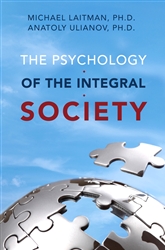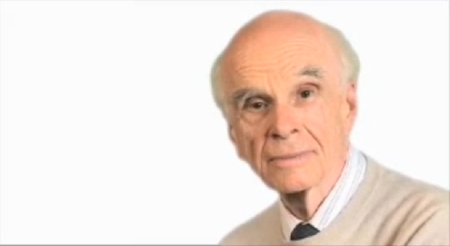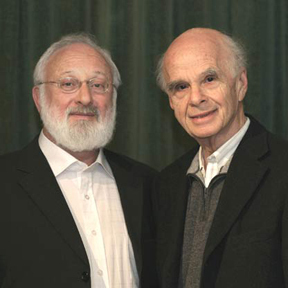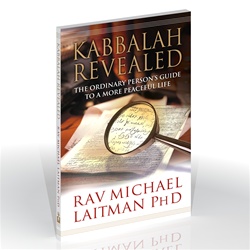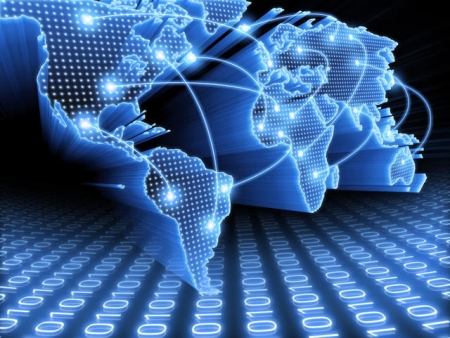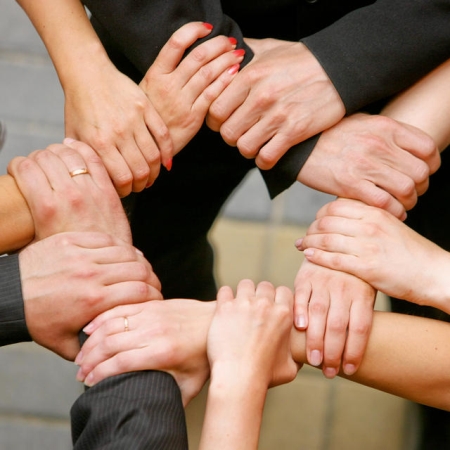
Dr. Anatoly Ulianov: If we look at the integral, global society in the process of evolution, then the playing zone also goes through gradual development, from the scope of a room to the whole world.
Dr. Michael Laitman: If only we could create that kind of game system on the internet and offer it to all of humanity! In this game, the reward would be good prizes or honors, things that attract all of us, who are little egoists. Let’s create a single human society, and call this game “Babylon.” But not Babylon in the negative sense of the word, but in the positive one.
This will be a game of cooperation. And it has to involve egoistic problems that gradually appear on all levels—emotional, personal, familial, between people, and between civilizations. It should include struggles over sources of food, raw materials, wealth, knowledge, fame, and power. And the people playing this game will have to find the solutions to these problems. Specialists, including psychologists, will add as many elements as possible into this game, meaning they will model it to evoke real emotions in people.
The game will gradually turn into a theater where the player will start playing the role of an integral part of society. Albeit virtual for now, he will already feel the involuntary changes happening to him and will see the positive results of this game in the real world. He will see how he and the space around him become kinder, safer, and more comfortable. In fact, this game could be turned into a system of integral upbringing.
I hope that a game like that will appear on the internet. That is why it is called “Inter-net”—a worldwide, universal system that connects everyone.
Dr. Ulianov: I don’t like computer games, but this one got me interested.
Dr. Laitman: It is an opportunity for us to create a person, to mold him! And he will do it on his own! By participating in this game, he will start seeing the opportunities to change himself for the sake of attaining a specific goal while receiving rewards “along the way,” including approval and respect, meaning everything that can help him move forward.
If an adult plays this game, children will see how he succeeds and how it pushes him forward. Or, vice versa, if the players are children who become successful at the game, the parents will be happy about it and will show them their approval. We have to use egoism correctly to move toward integration.
Look at all the internet communities! It’s all a game! So why don’t we make this kind of game? But we have to make it productive and aim it in a direction where it brings benefit. This kind of game will create a new type of individual who involuntarily sees precisely how he has to play in life. After all, we know that our actions change us.
Dr. Ulianov: Then we won’t have the problem of taking the children off the computer. We won’t need to.
Dr. Laitman: A child will take part in this and this will be his environment! Under the influence of this environment, every one of us will be able to try himself out.
And because globality and integrality will gradually become expressed in this system, through it we will be able to work out our subsequent behavioral models. I can turn to this game as if to an expert on the next steps I have to make, and as a result, I will make less mistakes.
It might seem like I am creating a game, but in reality I am creating a model of the correct society. If I move around there like a game chip, placing myself in specific levels, actions, qualities, changes, and communication, then I can see where I will succeed and where I won’t ahead of time. After all, the laws of the integral society, which gradually manifest in this system, will give me the right reaction, either negative or positive. That is how I will choose the best possible movement toward my goal of balance with the entire system, toward my most comfortable state.
Dr. Ulianov: And what is the center of this balanced system? How can I tell that I am moving precisely towards the center?
Dr. Laitman: That’s easy: I feel better there than anywhere else. On the one hand, I feel absolutely free, and on the other hand, absolutely connected to everyone, which gives me even greater freedom.
It’s astounding how by experiencing conflicting situations and influences, I feel that I am locked in a loop with all the other cogwheels, spinning along with them, since we are in one coherent game. We experience mutual pleasure, mutual expansion, attainment, understanding, and enjoyment. I receive everything and I don’t conceal anything from anyone. I enjoy being in harmony with others and bestowing upon them.
It’s just as in a ball game where the passes create the state of a game between us, where we interact with each other the right way. The same thing happens here, but to the full extent and on all levels, including animate and human. I begin to experience myself in the state of a global, integral, and wonderful game. Streams of communications flow through me just like a ball is passed in a game. We experience the pleasure of playing the game precisely in this harmony.
The above points were taken from the book The Psychology of the Integral Society by Dr. Michael Laitman and Dr. Anatoly Ulianov. Also available as eBook (PDF, Kindle & ePub formats).
